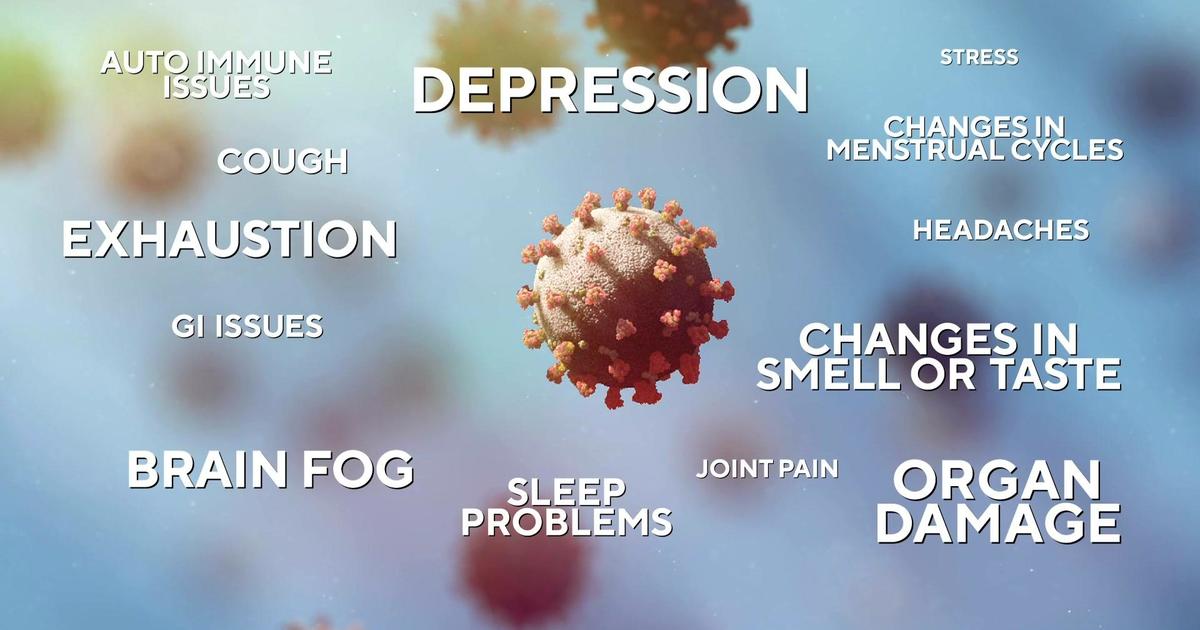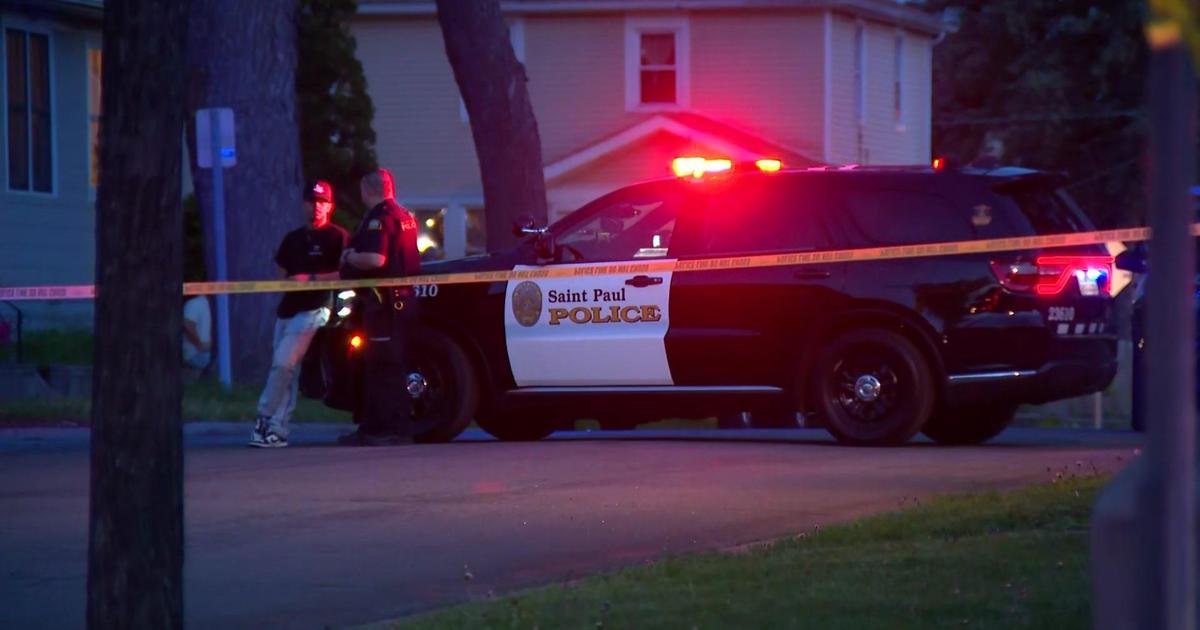What To Do, And What Not To Do, After Testing Positive For COVID
MINNEAPOLIS (WCCO) -- Anyone who tests positive for COVID-19 only needs to isolate for five days if they have no symptoms, according to updated guidelines for the U.S. Centers for Disease Control and Prevention.
The move cuts isolation and quarantine time in half as the Omicron variant spreads rapidly in communities across the country.
The CDC shortened recommendations released Monday, and the federal agency said new data showing transmission early in the course of illness informed its decision.
Everyone, regardless of vaccination status, should isolate for five days upon testing positive, the new rules say. Then there are no symptoms or symptoms subside after five days, leaving isolation is permitted and mask-wearing around others should continue for five more days.
"I think the reality of the duration of the pandemic and the challenge that many healthcare organizations and the other businesses are feeling with 10 days plus of quarantine is really hard to manage," said Dr. George Morris, incident commander for COVID response at CentraCare. "As we kind of look forward to how we live with COVID, I think this was part of the reality."
Exposure guidance also changed: If someone is recently vaccinated with Pfizer and Moderna within six months and Johnson & Johnson within two months, the agency recommends masking around others for 10 days but no quarantine required.
But if a person is not vaccinated or got his or her vaccine months ago, the CDC says quarantine for five days, test on day 5 from exposure if possible and mask around others for five additional days. If any symptoms develop, test and stay home.
The Minnesota Department of Health in a statement said it is reviewing the changes and and will align its recommendations to align with the CDC once formal guidance is available.
"As has happened throughout the COVID-19 pandemic, officials have been following the science and updating public health recommendations to best reflect the current state of the pandemic," Jan Malcolm, the state health commissioner. "We continue to recommend that people get vaccinated, get a booster when eligible, wear masks in indoor public places, get tested when recommended, wash hands frequently, and stay home when sick."
Masks should be medical or surgical quality, like N95. Cloth masks, neck gaiters and bandanas are not adequate, Morris said.
Experts continue to urge vaccinations as the shots provide strong protection against serious illness and death. Data cited by the CDC shows booster shots help provide extra protection against infection as immunity from earlier vaccination wanes.
While the Omicron variant is quickly becoming the dominant variant in Minnesota hospitals say the Delta wave is still causing a strain on health care systems. There are more than 1,300 patients with COVID in Minnesota hospitals as of Monday.



